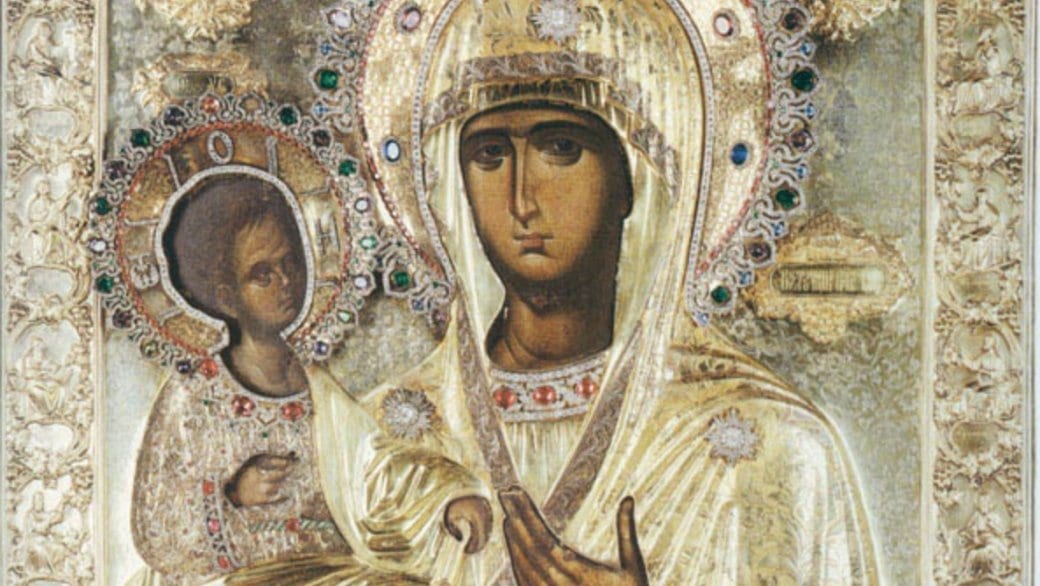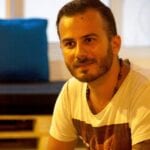I keep trying to be normal again, to jump back to my happy-go-lucky self and try to enjoy life as it used to be before the Orlando shootings.
I go on car rides with friends, listening to loud music, catcalling hot boys walking around Davie Street. I post lipsyncing videos on my Instagram.
But then, when I’m alone, like an addict, I can’t help reading more news about Orlando.
This morning, listening to Adam Lambert singing about his ghost town of a heart, I find myself reading about a 49-year-old mother who did the unthinkable.
According to Woman’s World, mama bear Brenda Marquez McCool was enjoying a night out with her 21-year-old son, Isaiah, at Pulse Nightclub in Orlando on that tragic night. When she spotted the shooter, as he raised his gun, she screamed at her son to get down, pushed him down on a table, and literally jumped in front of a bullet for him.
The son and the mother were separated during the chaos that followed. Isaiah found his way to safety, but the beautiful mother did not make it.
A grieving Isaiah later wrote on Facebook, “Just laying here thinking that I was just with my mom 24 hours ago, this is so surreal. I love you mom.”
I read this and I cry like a baby in my office.
Religion, race and upbringing play tremendous roles in how a mother reacts when her son comes out to her as part of the LGBT community.
I think of my mother, who rejected me and my sexuality, and I wonder how the lack of love that I got from her changed me, made me the person I am, with my good side, and my bad side.
Growing up in a Muslim conservative family, I saw the signs of homophobia around me in everything that I knew.
I always showed traits that my family picked on since early childhood: the way I talked, the way I enjoyed certain games or specific fairy tales, and my reluctance to participate in masculine sports and activities.
My father tried to push the “feminine” side of me away by forcing me into harsh construction works in the summer in my early teens, getting me on a football team (where I was bullied endlessly), and taking me with him to gatherings of other Muslim-devoted families and friends.
My mother, on the other hand, just resented me.
In her eyes, I was the defective piece of the family, the mistake that could not be repaired. The shame of giving birth to a boy like me brought her to fits of anger and nights of self-loathing.
That’s a story repeated across our community of LGBT people, but specifically for people of colour and queer and trans folks coming from Muslim backgrounds.
Years later I abandoned my family, their religion and Syria. I lived throughout the Arab World before eventually immigrating to Canada almost two years ago.
But those childhood memories of abandonment, rejection and lack of love remain with me.
The feeling of being loved is something we’re supposed to learn in childhood, on those nights, for example, where we cry with fever and find consolation in a beautiful, sweet, caring mother who spends the night replacing wet towels on our foreheads.
When I read the story of this beautiful mother who gave her life to protect her son, I feel deeply jealous. I wish this mother had been mine too, that she would have loved me too, in the way my mother never could.
Being loved is a difficult feeling to understand in our adulthood if we never had the chance to experience it in our families.
That’s apparent today in every aspect of my life.
It’s hard for me to recognize the love others show me on a deeper-than-intellectual level; hard for me to emotionally grasp the depth of love.
It’s difficult for me to feel loved in a relationship, to truly comprehend the feeling beneath the words. Most importantly, it’s extremely difficult for me to love myself; to respect my own identity.
With support and counselling, I’m finally working hard to find ways to overcome this early programming of my mind.
I am finally learning to feel closer to myself, to appreciate myself, and respect myself.
I am finally beginning to feel worthy of love.
So, this is my message to all mothers and especially to mothers of queer and trans people of colour: Love us as we are.
Your lack of support may come from a deeper need to “fix us” to make us fit a norm you know and understand. But our sexuality and gender identity will not change. What will change is our ability to love, and feel loved.
So, mothers, I ask you to be kind and loving, and to be gentle and accepting, and to comfort us when we need your help.
Learn from Mama Bear Brenda.
And to Isaiah: we share your loss, we all lost your beautiful, amazing, caring, loving and dear mother on Sunday night. We feel your pain, we are your family.


 Why you can trust Xtra
Why you can trust Xtra


